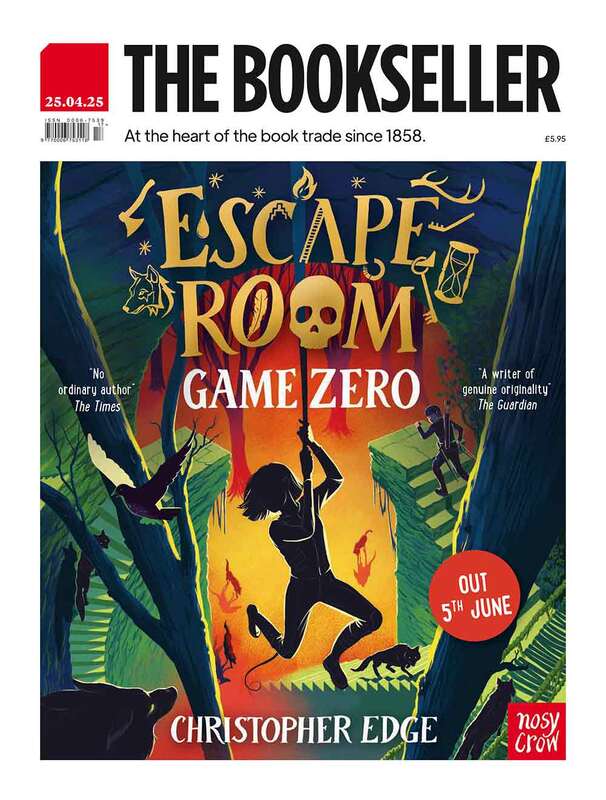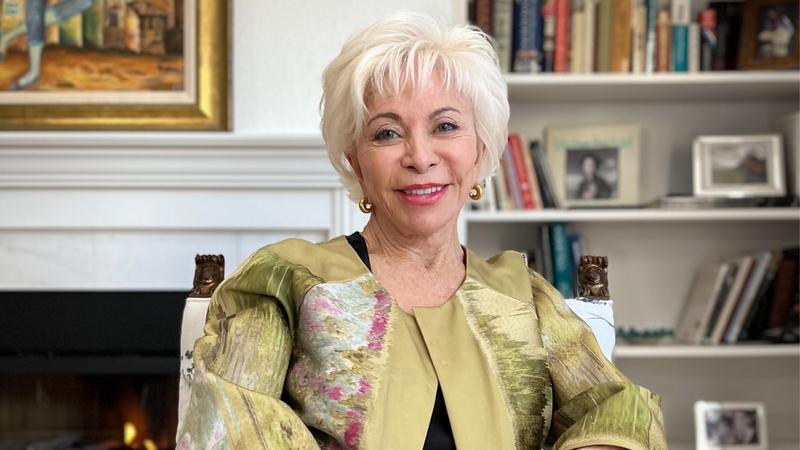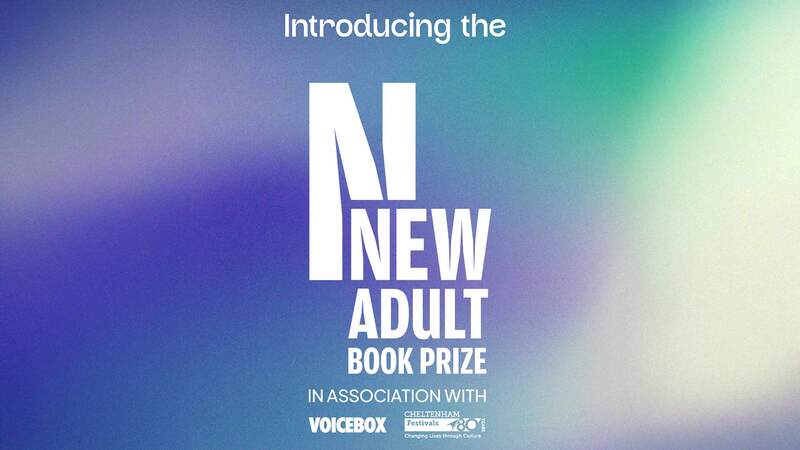You are viewing your 1 free article this month. Login to read more articles.
Publishers round on Dangdang over free e-books
Chinese publishing houses, long frustrated by the sale of pirated books in the country, have vociferously attacked e-tailers that offered thousands of free downloads for encouraging breaches of copyright.
The controversy was spurred by a three-day campaign by China’s largest e-book store Dangdang from 17th April, in which it offered free downloads for in-copyright Chinese language e-books. Its rival 360buy immediately followed suit; it claimed to have provided 50,000 free e-books during the same time period.
Dangdang spokesperson Yu Meng defended the initiative, saying: “This campaign shows our efforts to promote authorised e-books. We hope readers will stop reading pirated e-books.” Dangdang president and c.e.o. Li Guoqing also wrote on his blog that he hoped the campaign would attract more e-book readers to the legitimate publishing sector.
However, Chinese publishers and writers were less than impressed. “This is a large-scale copyright violation. Our writers are livid,” said a manager at the China Writers Publishing House (CWPH), a Beijing-based, state-owned publisher. He said some of its writers were planning to sue Dangdang, a long-term business partner of major domestic publishers.
Dangdang admitted that it had launched the campaign without securing permission from its publishing partners, although it did withdraw some bestselling e-books following requests by publishers including CWPH and the Beijing-based People’s Literature Publishing House—which publishes Nobel laureate Mo Yan.
“They said the campaign was for e-books promotion, but by offering free downloads I think it’s actually devaluing e-books, which are already much cheaper than print,” said a manager at CWPH.
E-books in China are usually priced 50% lower than the physical book. Dangdang’s Chinese-language version of Life of Pi, for example, costs CNY18 (£1.88) for the digital version, compared with CNY35 (£3.66) for the paperback.
Because of the lower price points, Chinese publishers have not been pushing the sales of e-books. “Making an e-book is almost as costly as a paper book, but with so little return, it’s impossible for Chinese publishers to survive through selling e-books,” said Li Qianqian, an analyst at S&P Consulting, a Beijing-based company covering the publishing industry.
Qianqian agreed that Dangdang’s campaign was not helping the e-book business.
“Chinese readers are used to free pirated e-books. The habit is slowly changing under the popularity of tablets and smartphones which offer paid content, but I think the campaign undermined the process,” she said.















